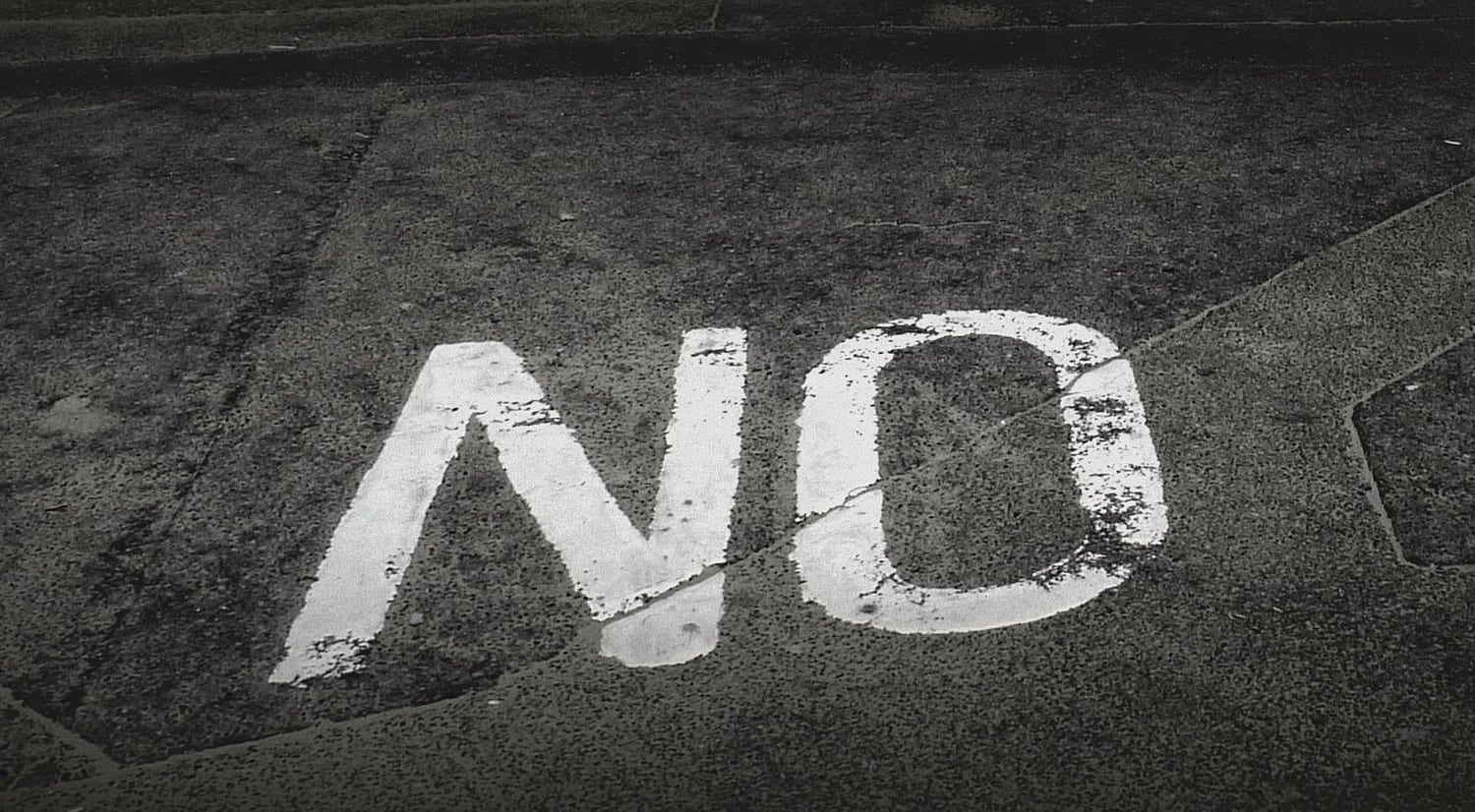Tackling the Issue of Sexual Consent
Since I was a small child there has been one lesson that has stayed constant in my life and it is a lesson that I have been steadfast in passing down to my own children.
No Means No!
These words were uttered by my mother in all manner of situations.
“Mummy can I have a sweet?” “No.” “Why?” “Because No means No.”
There was never any argument. There never needed to be. Because since I was the size of a grasshopper, I have always understood that no means no. My brothers knew the same. My father. My mother. My friends. Everyone. No has always meant no.
When did that change? At what age does that one word start to become… ambiguous?
On the day I left for university, my mother sat me down in my now bare bedroom of our family home and looked pained as she attempted to discuss something that was clearly bothering her.
“Sweetheart. You know we have always said that ‘No Means No.’”
‘Oh Lord, where was this going. We have had the sex talk and we have had the drugs and alcohol talk. For God’s sake, I’m 18 and she’s about to do the birds and bees again just because I am off to live in a building with a load of other excited adolescents!’
She could see straight away what I was thinking. Of course she could, I can’t imagine that at 18 I was any better at disguising my eye rolls of disgust any more than I do now.
“No sweetheart. What I mean is, you need to remember that. Because sometimes men won’t. You need to remember that when you say no, you mean no.”
I was utterly confused. What the hell was she talking about? Of course when I said no I meant no. Everyone knows that surely?
It wasn’t until I got to the halls of university that I started to understand that maybe that wasn’t the case. When did the fundamental basics of understanding yes and no change?
Over the years sexual consent has started to play a bigger part in the media. Trials all over the TV over whether she really ‘meant‘ no. Whether she was really drunk enough to say ‘no’ – or even ‘well she didn’t say no, so she must have meant yes’.
The media has brought to the forefront of our vision the idea that in actual fact, there seem to be some blurred lines in this concept.
With hundreds of thousands of students planning on which colleges and universities they will attending after the summer, there are countless campaigns floating around trying to embed the understanding of sexual consent to a younger generation.
A litany of celebrities have joined forces to help push President Obama’s campaign #ItsOnUs and spread the word about sexual consent.
Now, this article is not about rape. That is a much wider, much more complicated and much more contentious subject and is one that should and will be tackled in another article. This article however is about consent and why, in the year 2016, we are having to use the power of fame to teach our children how and when to say no.
All credit to those involved. Zoe Saldana, Josh Hutcherson, Nina Dobrev and even Jesse Metcalfe are just a few of the famous faces that join forces to hammer home the point in the latest video campaign aimed mostly (but not entirely) at college and university students. They explain (in their uber glossy, perfect picture postcard way) that it doesn’t matter if you are male or female – there is only one thing you need to get before you have sex and it is something that has to be given to you ‘freely’ – consent.
The campaign is good. The words are strong. The message is clear. But what makes me angry, as a mum to two young daughters, is that we are having to resort to these tactics to explain this concept to our children in the first place.
Will they listen more intently and take note if it is said by a gorgeous actress, or a a Hunger Games champion? Will the words they utter be more clearly understood?
Freshers week (or Rush) can be dangerous for so many young ladies (and men). A few too many drinks and a glance across the pool table from the hot new bit-of-stuff that just walked into the Student Union bar and everything your mum taught you goes out the window.
The reality is, we teach them the best we can. We try to guide them on a moral path and most of the time, we teach them from before they can even talk that no means no… but when young adults are left alone with no restrictions, no boundaries and far too much alcohol, things can, and very often DO go wrong.
So it may anger me that I often feel our parenting responsibilities are taken on board by a bunch of young, flashy, fame hungry actors, but when I calm down and get off my moral high horse for a moment I realise that actually I should be grateful. Grateful that the government, the media, the politician, the famous and fortunate are now joining hands with the mums and dad of the world to help tackle an issue that can so quickly get out of control.
In an age where adolescents pay more attention to the “Daily Quotes” on Pinterest or Instagram, are they even listening to the lessons we are teaching them, or waiting to see it written on a meme?
We would all like to think that teaching our children to say ‘no‘ is simple. Teaching them about sexual consent should be easy… right?
No – it’s not… this is where I have to get real. Because let’s face it. It really isn’t that simple at all!
With young women now unafraid to take control of their own sexual needs, unafraid of going after what they want, coupled with false rape claims and a generation that are drinking more from a younger age, it seems the crystal clear black and white lines are needing to be re-drawn.
The truth of the matter is, that whether you’re a man or a woman, having the ability to stand up and say NO has never been more important.
Rape is a divisive subject at the best of times and this campaign is smart in the sense that it does not claim to tackle every single legal, moral or emotional issue surrounding rape. The experts are too clever for that. They know that this is a multi-pronged discussion and as such needs to be tackled in multiple phases.
The first phase… strip it back and educate people. Give them the power to be able to say no… leave the rest of the baggage at the door for one moment and focus on the kids first. Focus on the younger generation. Educate them so they can educate others. Otherwise it is a subject too big for one administration to handle.
Alongside the #ItsOnUs campaign, there is another video that is going viral – and after stumbling across it, I think it explains so much better than I ever could what the bare bones of ‘consent’ are.
The Cup of Tea Analogy breaks down each and every barrier of the consent question. Take a look:
Clear right? Crystal.
Only it’s not. And it never will be. Not unless it is put into practise. It is all well and good showing our teens and adolescents these videos, but in reality we need to ACT on it.
The #ItsOnUs campaign is incredibly powerful and coupled with the Cup of Tea viral video… may actually make a difference in educating the younger generations about consent… but as much as the celebrities and political leaders are paving the way, it’s up to us parents, adults and peers to help push the message out there to our children.
It’s a great start. But it is one building block in a massive wall of an issue that needs to be tackled. But what is it they say…? “Rome wasn’t built in a day”.
I was angry – the notion that I should accept that celebrities are helping to give my children moral direction did not sit well with me at first. Now… I stand proudly behind President Obama and his #ItsOnUs campaign, happy that someone is doing something to try to address the situation.
(Note from The Editor. If you want to find out more about the #ItsOnUs Campaign, you can visit the website, facebook page or twitter page.)










